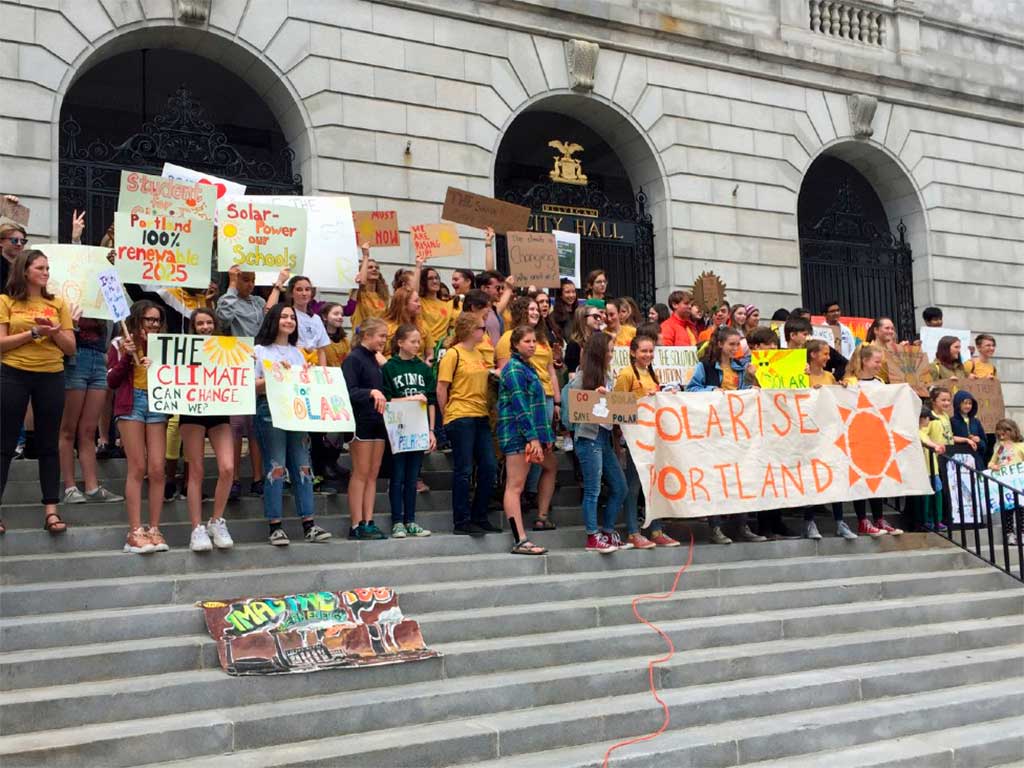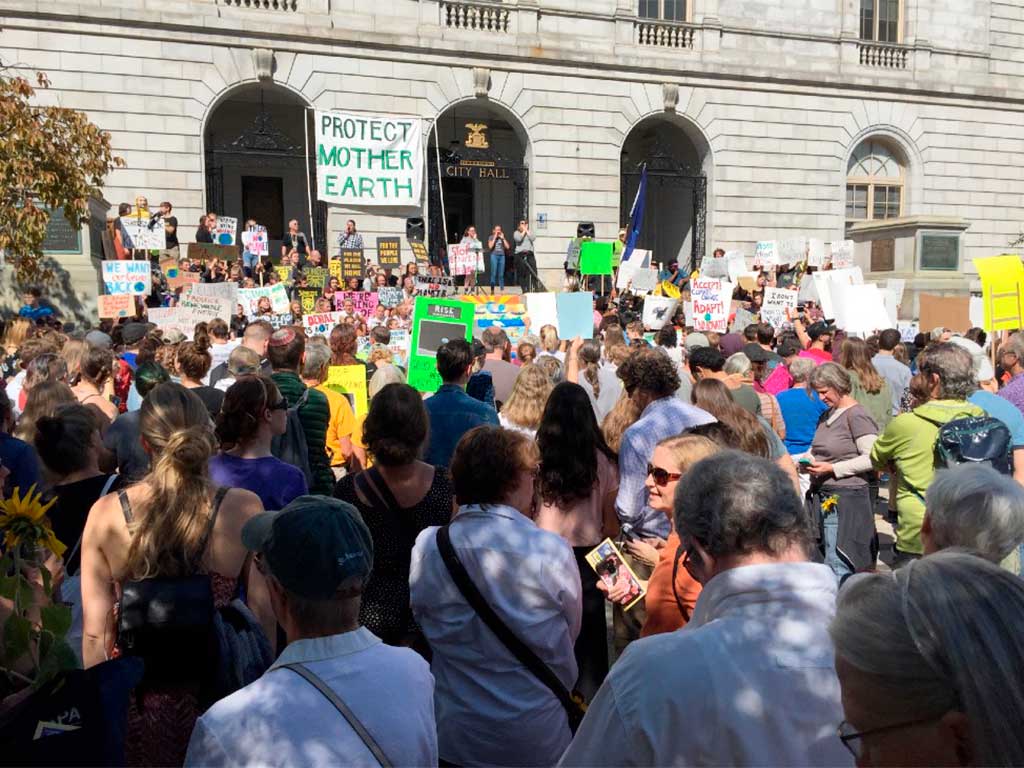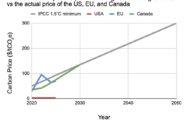US Taxpayers Line Up to Fund EU Welfare System
Countries that have a carbon tax will levy a border adjustment tax against counties that do not, like the US.

By Allen Armstrong
I don’t remember voting for this! What gives?
Countries that try to get a handle on climate change are finding they need to do “all of the above.” If we are to cut emissions as much as needed, we will have to do many things simultaneously. One of those is a price on carbon.
Recently, the European Union announced a new climate policy:
“At the heart of the European road map is increased prices for carbon. Nearly every sector of the economy would have to pay a price for the emissions it produces. [It] proposed taxes on imports of goods made outside the European Union, in countries with less stringent climate policies. . .”
-The New York Times, July 14, 2021
Some sort of fee or tax proportional to greenhouse gas emissions has been imposed by all the economically advanced countries, except guess who? Us.
What is a border adjustment tax and how do we pay for it?
If producers must pay a tax on the fossil fuel energy they use, then they must add that cost to the price of their products. As such, it might make them uncompetitive with producers from a country that doesn’t have such a tax. The solution is a border adjustment tax. Used by countries that have a carbon tax, the border adjustment tax is paid by producers in countries that don’t. That’s how we, US taxpayers, end up paying for the European Union’s fiscal needs.
We could capture that cash flow here. If we had a carbon tax, like that in the EU, our producers wouldn’t pay the EU’s border adjustment tax. Not only that, but we would also charge our own border adjustment tax on goods from countries that still don’t have a carbon fee.
Can we have a carbon tax in Maine?

The way these fees, or taxes, work is the reason that we can’t have significant state or regional carbon taxes. Our constitution prevents restriction of commerce between states. Thus, we cannot cure the tax difference between states with a border adjustment.
So, the US needs to adopt a national carbon tax and border adjustment as soon as possible. And, to make it equitable, it needs to return the funds in a way that leaves low-income people whole. The carbon fee and dividend embodied in the Energy Innovation and Carbon Dividend Act, HR 2307, does that.
The planet we save will be our own!
Allen Armstrong is a retired mechanical engineer who has been educating about climate change since 2004. He is a Climate Reality Project presenter and member of the Portland Climate Action Team of Sierra Club and Citizens’ Climate Lobby.





